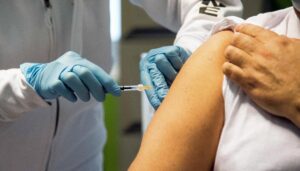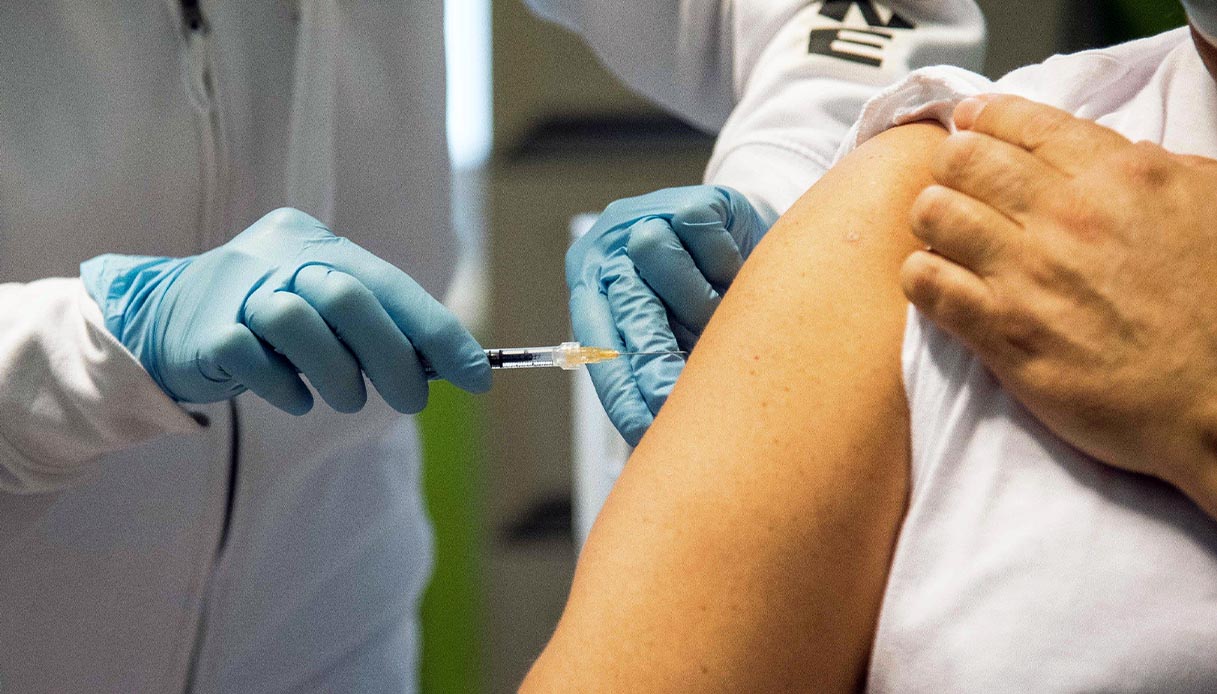Us, Ue support waiving patent protections for Covid vaccines
 TORONTO – Humanity is facing the biggest threat of the last century. Covid-19, according to the latest data from Johns Hopkins University, has so far infected more than 155 million people worldwide, killing more than 3.2 million. In record time, by channelling unprecedented human and financial resources, we have been able to develop numerous vaccines that have proven to be effective and safe. So far, 1.2 billion doses have been administered worldwide. Where the vaccination campaign is further ahead – Israel and Britain – the grip of the pandemic has quickly eased, with the vertical collapse of new infections, hospitalizations and deaths.
TORONTO – Humanity is facing the biggest threat of the last century. Covid-19, according to the latest data from Johns Hopkins University, has so far infected more than 155 million people worldwide, killing more than 3.2 million. In record time, by channelling unprecedented human and financial resources, we have been able to develop numerous vaccines that have proven to be effective and safe. So far, 1.2 billion doses have been administered worldwide. Where the vaccination campaign is further ahead – Israel and Britain – the grip of the pandemic has quickly eased, with the vertical collapse of new infections, hospitalizations and deaths.
Humanity, in short, has a weapon capable of fighting Covid and eradicating it. The problem is that the international community has, in recent months, been faced with a dilemma: is it more important to defend intellectual property – in this case, vaccine patents in the hands of pharmaceutical companies – or the health and safety of the world’s population? Until now, the main international geopolitical players have opted for the first option, building a wall in the face of requests from India, South Africa and a hundred other countries, which instead asked to put aside vaccine patents. But in the last twenty-four hours, the wall has cracked. On Wednesday, it was the US administration that took a strong stance on the issue, in sharp discontinuity with former President Donald Trump.
States have announced that they are in favour of removing patent protections for Covid vaccines and will commit to this in the ongoing negotiations at the World Trade Organization (WTO).
“This is a global health crisis and the extraordinary circumstances of the pandemic call for extraordinary measures,” the Biden administration’s decision, us Trade Representative Katherine Tai, explained in a statement. “The Biden administration firmly believes in intellectual property protections but to end this pandemic supports the lifting of certain protections for COVID vaccines,” he stressed.
Yesterday, further openings arrived from the Old Continent. “The European Union – said the President of the European Commission, Ursula von der Leyen – is willing to discuss any proposal that addresses the crisis in an effective and pragmatic way. And that’s why we’re ready to discuss how the U.S. proposal to suspend intellectual property protection for anti-Covid vaccines can help achieve that goal.” In fact, this is a prudent but extremely significant change of position, given that EU summits in the past have aligned themselves with the Washington net.
The US, together with the EU, had in fact opposed in the WTO a proposal of the same kind put forward by the Governments of India and South Africa and supported by a hundred countries. The European Commission’s number one, as well as representatives of the US administration, has for months warned of the ineffectiveness of the measure designed to increase production and make doses accessible to low-income countries.
EU Heads of State or Government will discuss this at this weekend’s informal summit in Porto, Portugal.
Mario Draghi also spoke on the subject yesterday. “Vaccines are a global common good – said the Italian Premier – It is a priority to increase their production, ensuring their safety, and to break down the obstacles that limit vaccination campaigns”.
Italian President French Emmanuel Macron has also teamed up with other leaders who have spoken out in favour of cancelling patents for covid vaccines. “Vaccines are a global common good,” he repeated, “what makes it difficult to access vaccines is technology transfer and production capacity.”
What about Canada? For now, Prime Minister Justin Trudeau has not spoken on the subject, leaving foreign trade minister Mary Ng the position that actually revolves around the issue without taking a precise position “Canada – said Ng – continues to work with its international partners and actively supports efforts within the WTO to accelerate the production and distribution of vaccines”.
A little bit, in short. Now that the US and THE EU have come out into the open, Canada will also have to make a choice of field.



